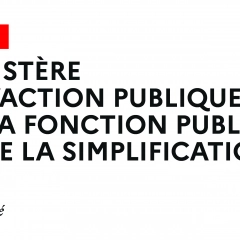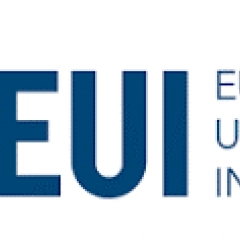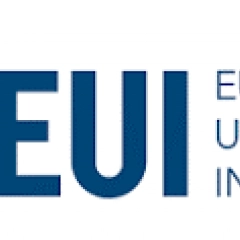Learning corner
Understanding EU Decision-Making: Principles, Procedures, Practice
This course will provide you with a thorough understanding of the legal principles and procedures underpinning decision-making in the EU. It offers insights into the formal and informal interactions of institutions and stakeholders, enabling participants to effectively contribute to decision-making processes.
The course includes three modules:
Introduction (online, 2 & 4 April)
- The institutional framework of the EU: who is doing what in the EU?
- Foundations of EU decision-making: what are the main legal and political principles informing EU decision-making?
- Policy making: which instruments do the institutions have at their disposal to pursue common objectives?
Main module (face-to-face, 9-11 April)
- Detailed examination of EU decision making based on the model of the legislative policy cycle, e.g. programming of general policy objectives for agenda setting and policy initiation
- The role of the Commission in initiating legislation (internal procedures, consultation with stakeholders etc.) and how national officials and other stakeholders contribute to policy formulation
- The adoption of legislative acts (Treaty provisions, legislative procedures, internal procedures of the co-legislators, interinstitutional negotiations etc.)
- Implementation of policies at EU level; the difference between implementing acts and delegated acts
- International dimension of EU decision-making
Comitology module (online, 16 April)
- Implementation at EU-level: who is doing what?
- Legal, procedural and organisational foundations of comitology
- Practicalities and politics of comitology decision-making
This course is based on our ‘blended learning’ methodology with both online and in-person interaction prior, during and after the course. Throughout the course, there is plenty of time for questions and opportunity for discussions.
The course methodology includes
- Group exercises
- Multiple examples and real-life cases
- Role plays and simulation exercise
- Input from experienced EU practitioners
- Interactive online elements to facilitate participants’ independent learning including feedback
- Quizzes, surveys and discussion questions






